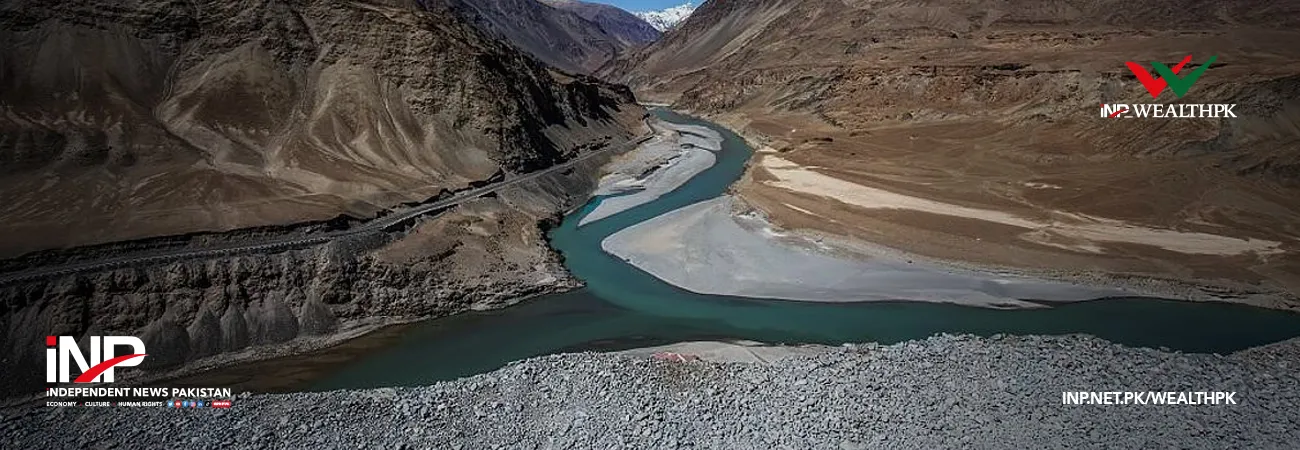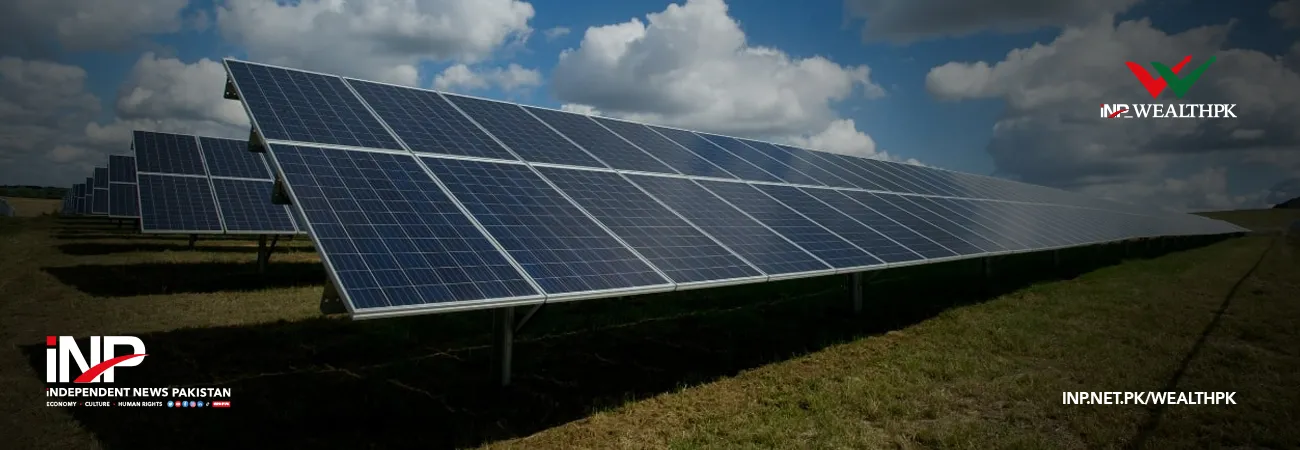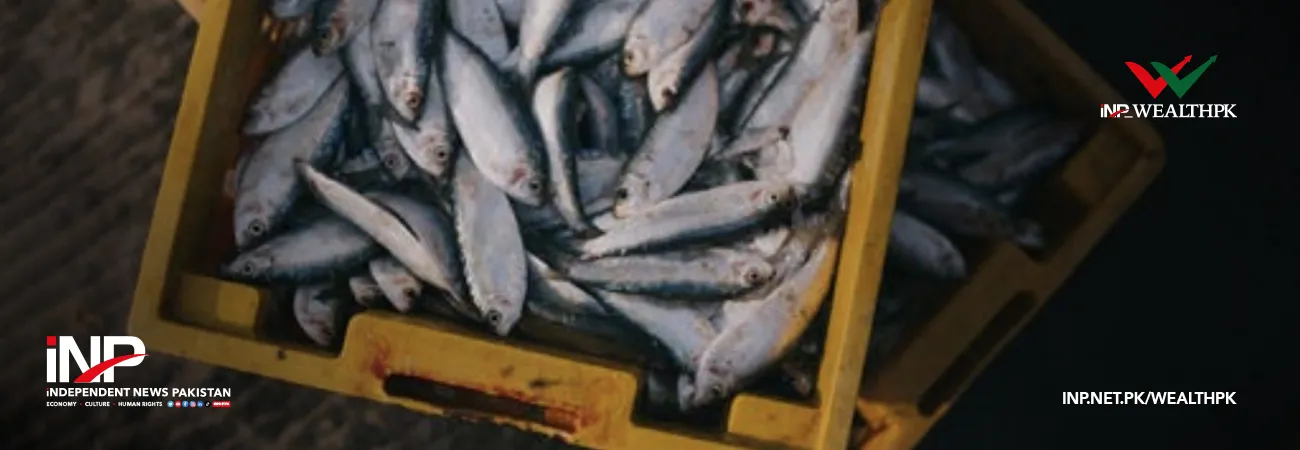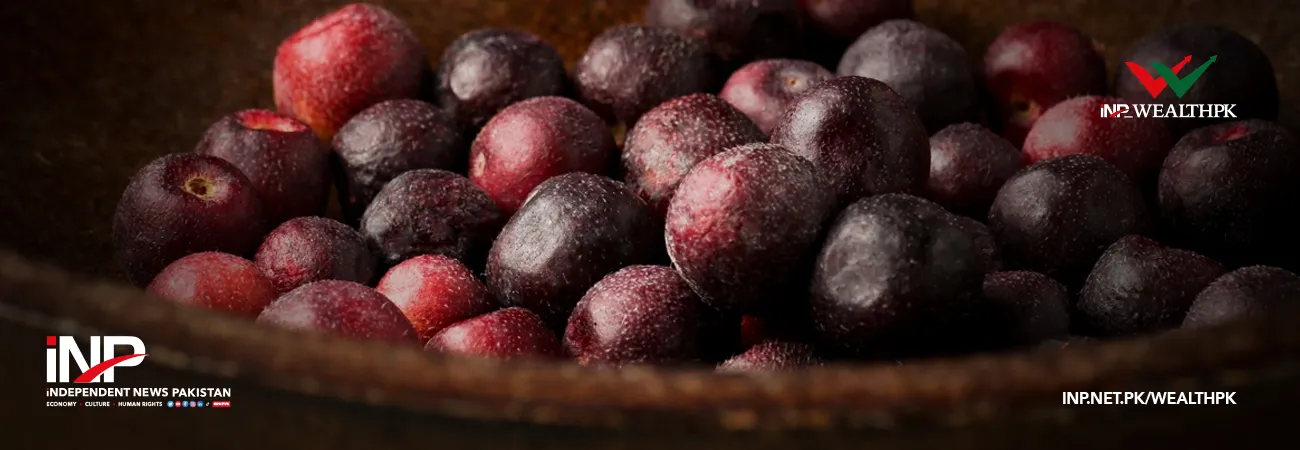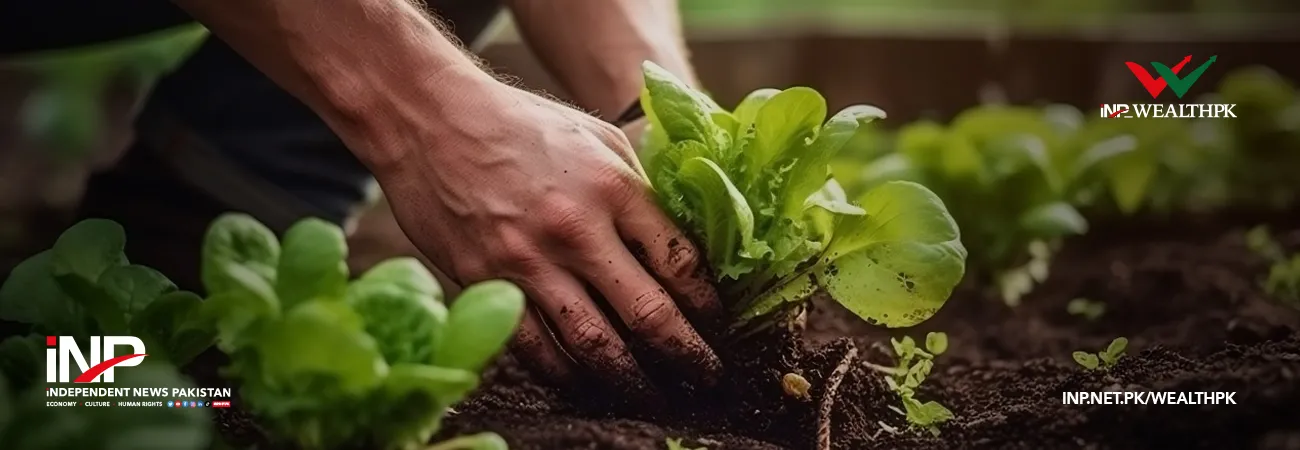آئی این پی ویلتھ پی کے
Azeem Ahmed Khan
Chairman of Pakistan Kissan Ittehad Chaudhry Haseeb Anwar has cautioned that India's threat to unilaterally suspend the Indus Waters Treaty and halt the flow of water to Pakistan could have damaging consequences for both the countries.
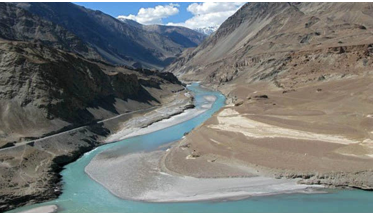
Talking to WealthPK, he emphasised that any move to stop Pakistan’s water flow would lead to severe water shortages, critically harming the country’s overall economy, given Pakistan’s reliance on agriculture.
He stated that if such a scenario unfolds, Pakistan must take all necessary steps to safeguard its interests, as the country’s defence is closely tied to its economy and the well-being of its citizens. He urged India to avoid escalating tensions and instead act as a responsible neighbour, fostering peace for the benefit of the people in both countries – who have no role in political conflicts and simply seek a better and prosperous life.
Anwar pointed out that nearly 60% of Pakistan’s irrigation depends on canal water, with Sindh province being especially vulnerable due to its reliance on surface water, as groundwater there is unsuitable for agriculture. He warned that if India restricted the flow of water, it would likely impact the Ravi and Jhelum rivers – tributaries of the Indus – which play a crucial role in irrigating Sindh and Punjab provinces.
“Punjab, as the most agriculturally productive region, depends heavily on water from these rivers to grow rice, wheat, corn, sugarcane, and vegetables,” he said. He highlighted that Pakistan’s rice exports alone were valued at around $4 billion last year, and the country also exports other produce such as citrus fruits, mangoes, potatoes, onions, and textiles made from cotton.
Anwar warned that any cut in water supply would severely disrupt the cultivation of water-intensive crops like rice and sugarcane, ultimately leading to a significant decline in exports. He stressed the urgency for the government to take proactive measures to protect and sustain the agricultural sector in light of these threats.
Meanwhile, talking to WealthPK, Waheed Ahmed, Patron-in-Chief of All Pakistan Fruit and Vegetables Exporters & Merchants Association, also cautioned that any move by India to block the flow of Indus River water would severely impact Pakistan’s agriculture, halt exports, and worsen food security issues.
He emphasised that Pakistan was already dealing with the effects of climate change, and any further disruption to its water supply would escalate national security concerns. Ahmed highlighted that Pakistan’s agricultural sector largely depends on flood irrigation, which is inefficient and wasteful. He urged the adoption of modern irrigation methods, such as sprinkler systems, to conserve water.
Regardless of whether India restricts water flow, he said, Pakistan must shift to sustainable water management practices to prepare for anticipated water shortages in the region. "Too much or too little water in agriculture is harmful," he stated, stressing the importance of embracing modern technology.
Zafar Mahay, President of Mango Growers Association Multan, echoed similar concerns, calling the Indus River the "lifeline of Pakistan." He noted that civilisations have historically flourished along rivers due to the availability of water, which remains essential to life.
Condemning India’s threats to suspend the Indus water flow, he labelled such actions as "inhuman" and warned of severe consequences. "It could ignite a war," he said, cautioning that Pakistan’s 250 million citizens will not tolerate being deprived of water.
Mahay explained that the reduction in river water would have disastrous effects on Pakistan’s agriculture, as underground water levels are already declining. “Blocking the natural flow would disrupt groundwater recharge, damage crops and trees, reduce rainfall, and push temperatures to unbearable extremes,” he added.
"Rivers are part of a vital natural cycle, and interrupting it could bring on catastrophes," he stressed. “Water shortages threaten not only food security but also exports and employment.”
Credit: INP-WealthPk


